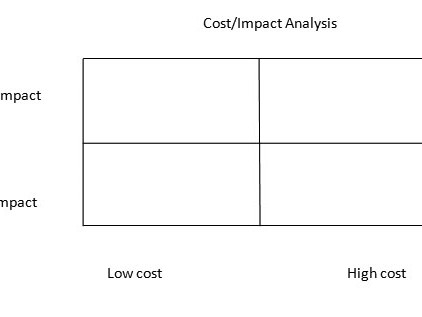A Mental Exercise: What I’d Do If I Lost Everything
I started thinking about people who lose everything, or what Charlie Munger calls returning “to Go”, as in the Monopoly board. Once you are rich, your primary motivation shouldn’t be to get richer, it should be to avoid wipeout risk, or returning to go. But as a training exercise, I decided to contemplate what I would do if I woke up tomorrow and the last ten years had been a dream. What would my first course of action be to rebuild until I got my financial affairs in order?
Details











